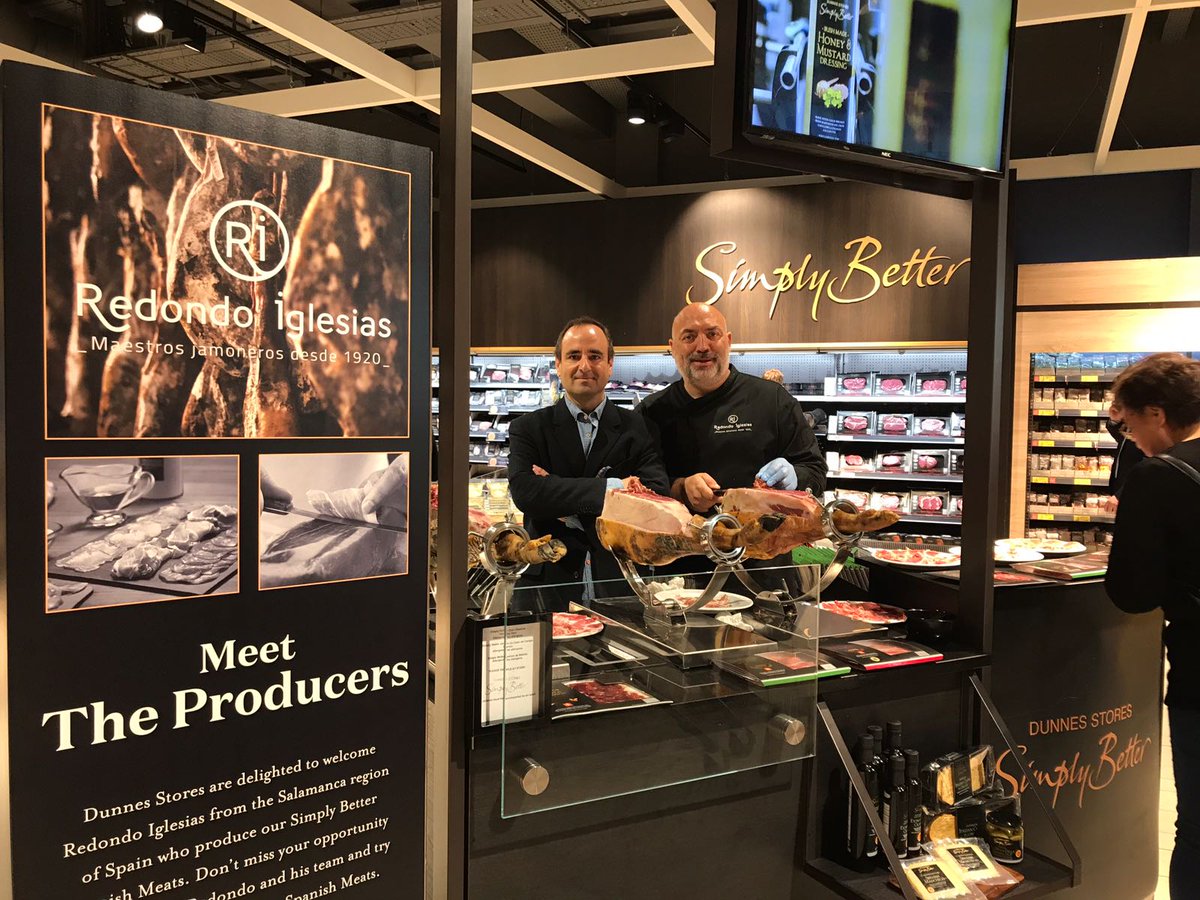A project converts biodegradable plastic waste into green energy
The VALPLAST Project aims to implement an alternative to the current way that biodegradable plastic packaging waste is managed to align it with circular economy principles.
This research project involves AIMPLAS, the Plastics Technology Centre, the Research Institute of Water and Environmental Engineering at the Universitat Politècnica de València (IIAMA-UPV), the CALAGUA Group UPV-UV Mixed Unit, and the companies Global Omnium Medioambiente and Fych Technologies.
Recovering biodegradable plastic waste through anaerobic co-digestion treatment with sludge from sewage treatment plants (STP) to obtain a biogas stream that can be used as an energy vector and a digestate for agriculture.
This is the main objective of VALPLAST (Recovery of bioplastics through anaerobic co-digestion at sewage treatment plants), a strategic project in which a consortium of members participates, including AIMPLAS, the Plastics Technology Centre, the CALAGUA Group UPV-UV Mixed Unit (made up of the Research Institute of Water and Environmental Engineering at the Universitat Politècnica de València and the Department of Chemical Engineering at the Universitat de València), and the companies Global Omnium Medioambiente and Fych Technologies.

The project, financed by the Valencian Institute of Competitiveness and Innovation (IVACE+i) within the framework of the European Union’s 2023 strategic cooperation projects, seeks to implement an alternative to current management of biodegradable plastic packaging waste that is aligned with circular economy principles.
“The main innovation of the project involves understanding that bioplastics are a resource that can be recovered and transformed into green energy”, according to researchers participating in the project.
The aim will therefore be to study, at laboratory and pilot scale, the degradation of different plastics through biological treatment with sludge from municipal sewage treatment plants under anaerobic conditions. The possible effects of the additives used in the synthesis of plastics (conventional and bioplastics) in the anaerobic treatment process and the subsequent quality of the digested sludge will also be evaluated, given that its main application is agricultural use.
Work will also be done on the development and optimization of pilot plant instrumentation and control systems, as well as the analysis of costs and the life cycle. As consortium members highlighted, “They are essential to be able to evaluate the environmental and economic sustainability of the proposed treatment”.
Presence of microplastics in sludge
After the recovery process, analysis will be carried out to measure the presence of microplastics in the sludge. For this analysis, the methodology developed by AIMPLAS in previous projects (MICROPLAST and PREVENPLAST) will be used. This method makes it possible to measure these emerging contaminants in both wastewater and the sludge generated at treatment plants.
This process will be used to develop a methodology for energy recovery from bioplastics at STP digesters for better management of these wastes resulting in greater energy recovery.
Also of note is the previous experience that part of this consortium acquired during implementation of and collaboration on other R&D projects related to the goal of this project, such as AVI MICROPLAST and AVI PREVENPLAST.
Project partners
VALPLAST will last for 28 months and involve the participation of researchers Joaquín Serralta (principal investigator), José Ferrer, Ramón Barat and Daniel Aguado from the CALAGUA Group of the IIAMA-UPV. AIMPLAS participates in the project through its Microplastics Laboratory led by researcher Juan Francisco Ferrer Crespo. Emerging company Fych Technologies S.L. also participates in the consortium of companies through its laboratories and pilot plant located at the Parc Científic Alacant (PCA) under the supervision of doctors and co-founders Andrea Cabanes and Oksana Horodytska, who mainly specialize in the delamination of multilayer packaging and the deodorization and decontamination of plastics. Finally, the company Global Omnium Medioambiente is also a participant in the VALPLAST Project.
The consortium thus forms a multidisciplinary team that covers the sectors of plastic recycling and wastewater treatment, as well as the development and application of new knowledge through universities and technology centres.






Recent Comments